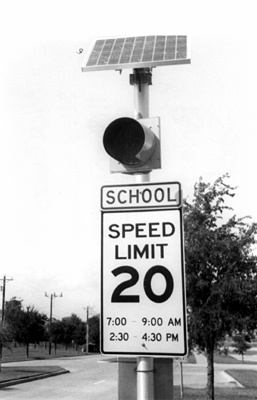All Nonfiction
- Bullying
- Books
- Academic
- Author Interviews
- Celebrity interviews
- College Articles
- College Essays
- Educator of the Year
- Heroes
- Interviews
- Memoir
- Personal Experience
- Sports
- Travel & Culture
All Opinions
- Bullying
- Current Events / Politics
- Discrimination
- Drugs / Alcohol / Smoking
- Entertainment / Celebrities
- Environment
- Love / Relationships
- Movies / Music / TV
- Pop Culture / Trends
- School / College
- Social Issues / Civics
- Spirituality / Religion
- Sports / Hobbies
All Hot Topics
- Bullying
- Community Service
- Environment
- Health
- Letters to the Editor
- Pride & Prejudice
- What Matters
- Back
Summer Guide
- Program Links
- Program Reviews
- Back
College Guide
- College Links
- College Reviews
- College Essays
- College Articles
- Back
Teach, Don’t Test MAG
A s the car flies by mile marker 216.7, I watch the white numbers blur into the green sign until they eventually disappear altogether, taking my future with them. For me, 216.7 is not a distance on a highway. I do not see the decimal point that separates the number. I do not imagine the miles that stretch before me. At first glance, all I see is my SAT score: 2167, the number that will determine whether I get accepted or denied by my top colleges.
This one number encompasses my academic potential in the eyes of society. It is an inescapable part of my identity. I am considered “smart” because it is above 2100. I am considered “not smart enough” because it is below 2200. Schools will either consider or disregard me because of this score. It defines me.
Hours of staring at SAT books and acceptance rates statistics, hours of listening to friends discuss their scores, hours of crying over my own score have all led to a societal brainwash. Now, whenever I come across a four-digit number that begins with a 2, all I see is an SAT score. The context doesn’t matter. The sentence could read “The year is 2012” and I will still process the number as a score first and a date second.
Our generation is defined by numbers: SAT scores, class rankings, GPAs, college rankings. Years from now, when I have forgotten the names of some of my peers, I am certain that these numbers will still be etched into my memory as distinctly as my birth date.
Before high school, I liked learning. I complained about waking up early, and I became frustrated when I didn’t understand a concept, but I didn’t dread school the way I do now. While I still find moments in class when I am interested and engaged, and while I am fortunate enough to have great teachers, finding the motivation to go to school every morning is a challenge.
There is no time in my classes to discuss or question. There are only facts, due dates, and tests. Peers don’t feel comfortable working together because they see each other as competition. Teachers design their courses to match a test. We cram, we stress, we cry, and eventually we forget. Since classes, especially Advanced Placement classes, are so specialized, students often forget most of what they were taught the previous year.
Introducing students to these advanced concepts, then never mentioning the subject again, does not help us learn. Providing study aids and administering tests does not qualify as teaching. Focusing on numbers does not encourage us to develop as individuals. Of course tests are necessary in order to measure students’ ability and effort, but they shouldn’t compose the entire educational system. As is evident from increasing rates of cheating and mental health issues, when education becomes more about testing and less about teaching, the effects are grave.

Similar Articles
JOIN THE DISCUSSION
This article has 1 comment.
